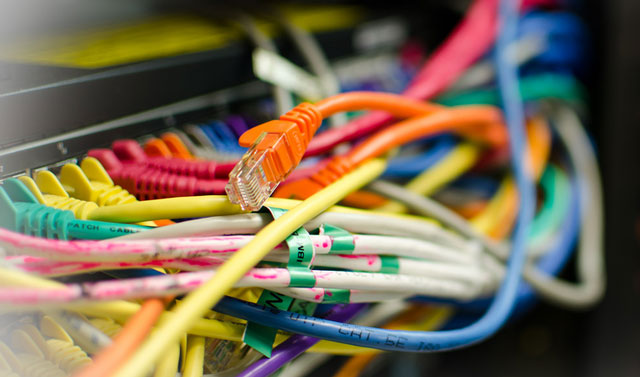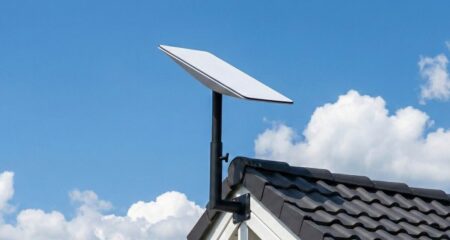
The Independent Communications Authority of South Africa’s (Icasa’s) markets and competition GM, Pieter Grootes, says South Africans should be paying R329/month for a 40Mbit/s fixed-line broadband connection.
“This may seem unbelievable, but it exists in the city centre of Johannesburg, in the Maboneng district. If a start-up can do this, why can’t all of us? Our aim is to ensure South Africans have access to proper broadband at proper prices.”
The Maboneng Precinct, east of Johannesburg, has offered fibre-to-the-home services since late last year. Users currently pay R329/month for a 40Mbit/s connection with a 20GB data cap.
Mark Seftel, the founder of Maboneng Broadband and an entrepreneur and former telecoms industry executive, says he hopes to see connection speeds increased to 100Mbit/s.
Currently, Telkom charges R795/month just to lease a 40Mbit/s line, before any data flows over it.
Grootes says Icasa, through its new “cost-to-communicate” programme, plans to identify where regulatory initiatives are necessary to enhance competition in the sector. “We have the Competition Act and the Electronic Communications Act to guide us, and our primary goal is to lead to fair prices through competition, not through retail price control.”
According to Grootes, high prices are caused by a variety of factors, including the cost to industry — high infrastructure costs, barriers to network deployment, import duties on equipment and a volatile exchange rate — and the cost to end users, which may include “possible monopolies in retail markets”.
“We are not aiming to hit somebody, but to identify issues and resolve them so that everyone has a fair chance of making a profit and providing services at a fair price,” Grootes says.
He adds that high prices affect economic activity and are effectively a tax on production. Worldwide, Grootes says, “monopolies tend towards high prices”.
Grootes says South Africa is not in the best position when it comes the price of connectivity. “South Africa is ranked 30th out of 34 African countries. That’s not a position South Africa should hold … based on our economic circumstances.” — (c) 2013 NewsCentral Media




